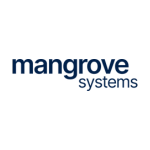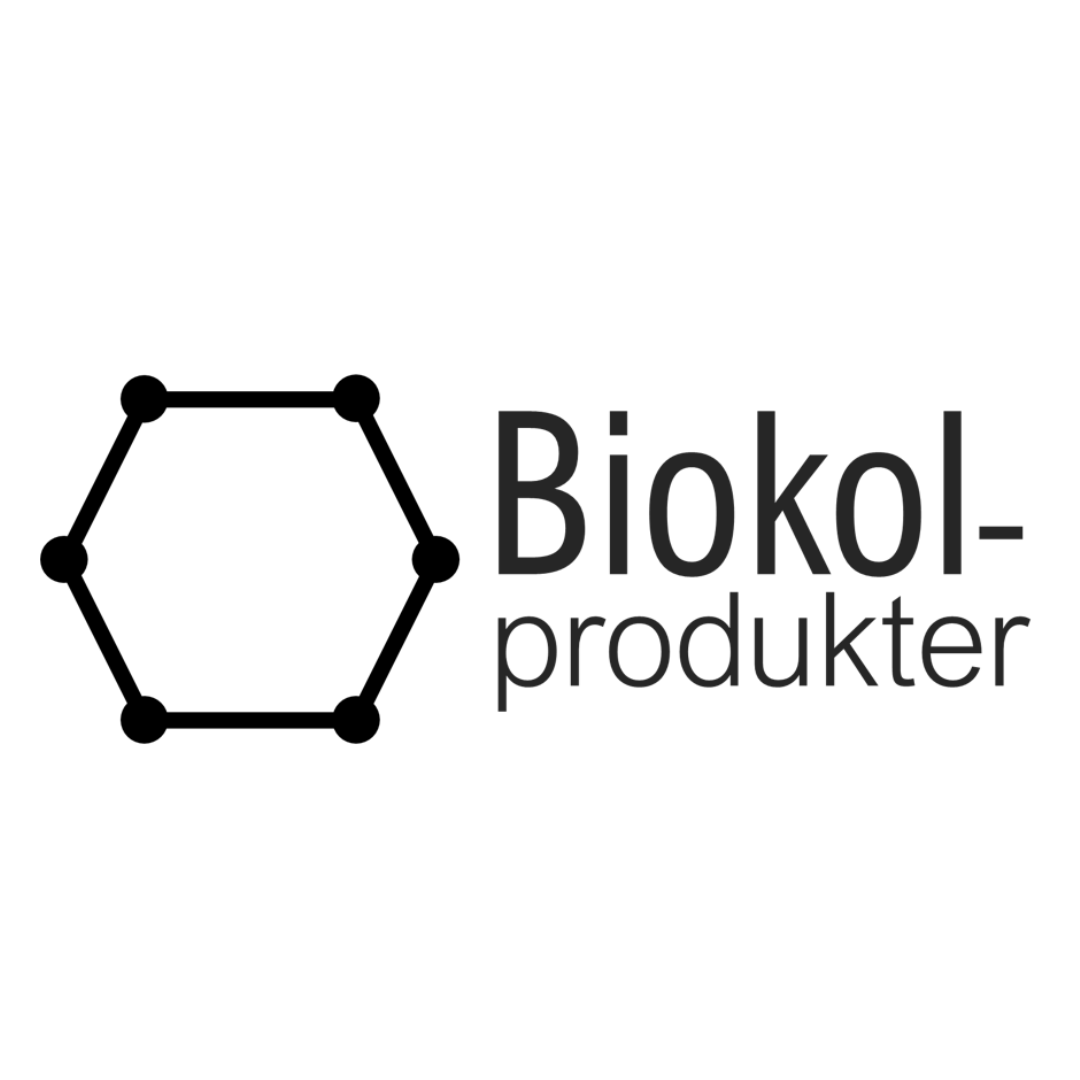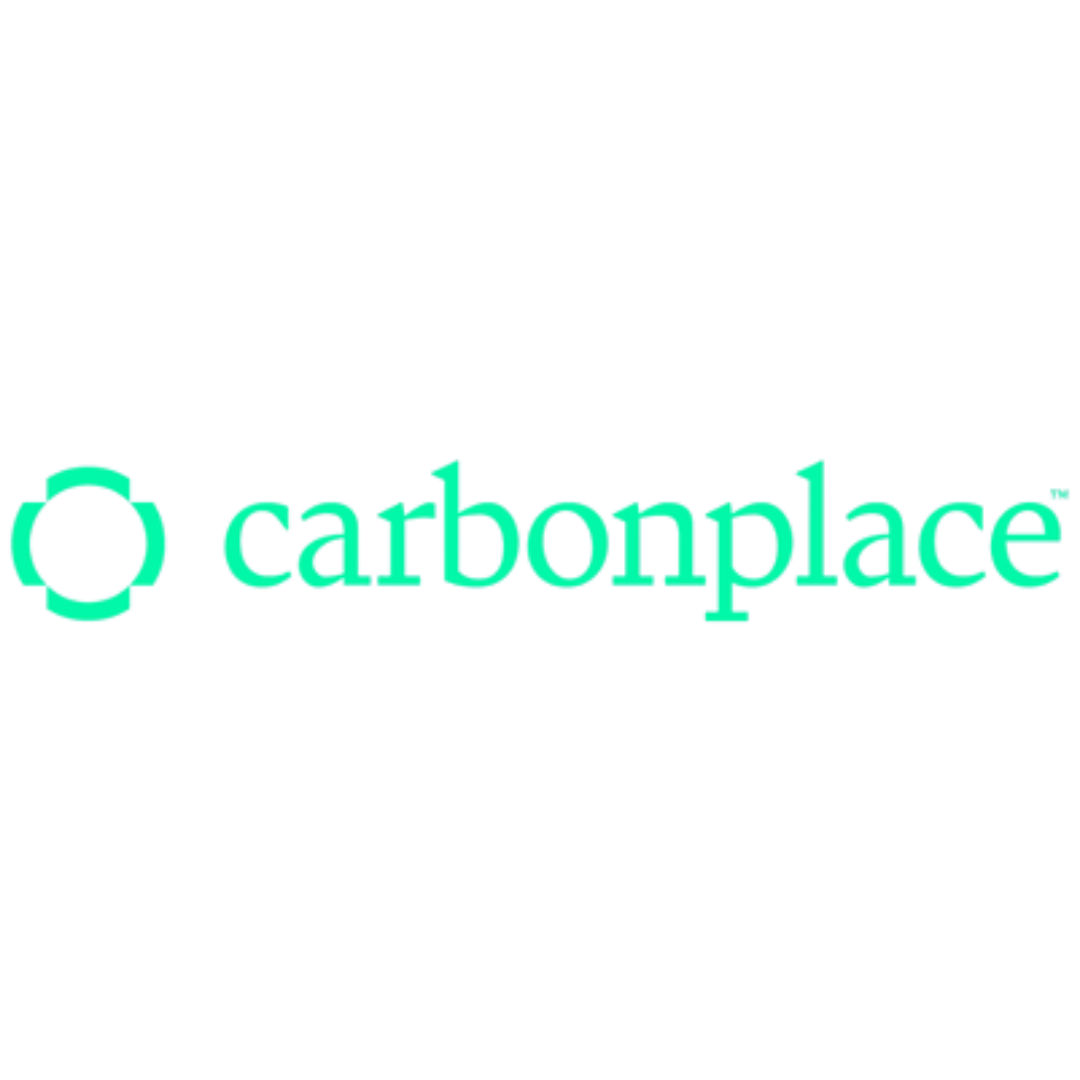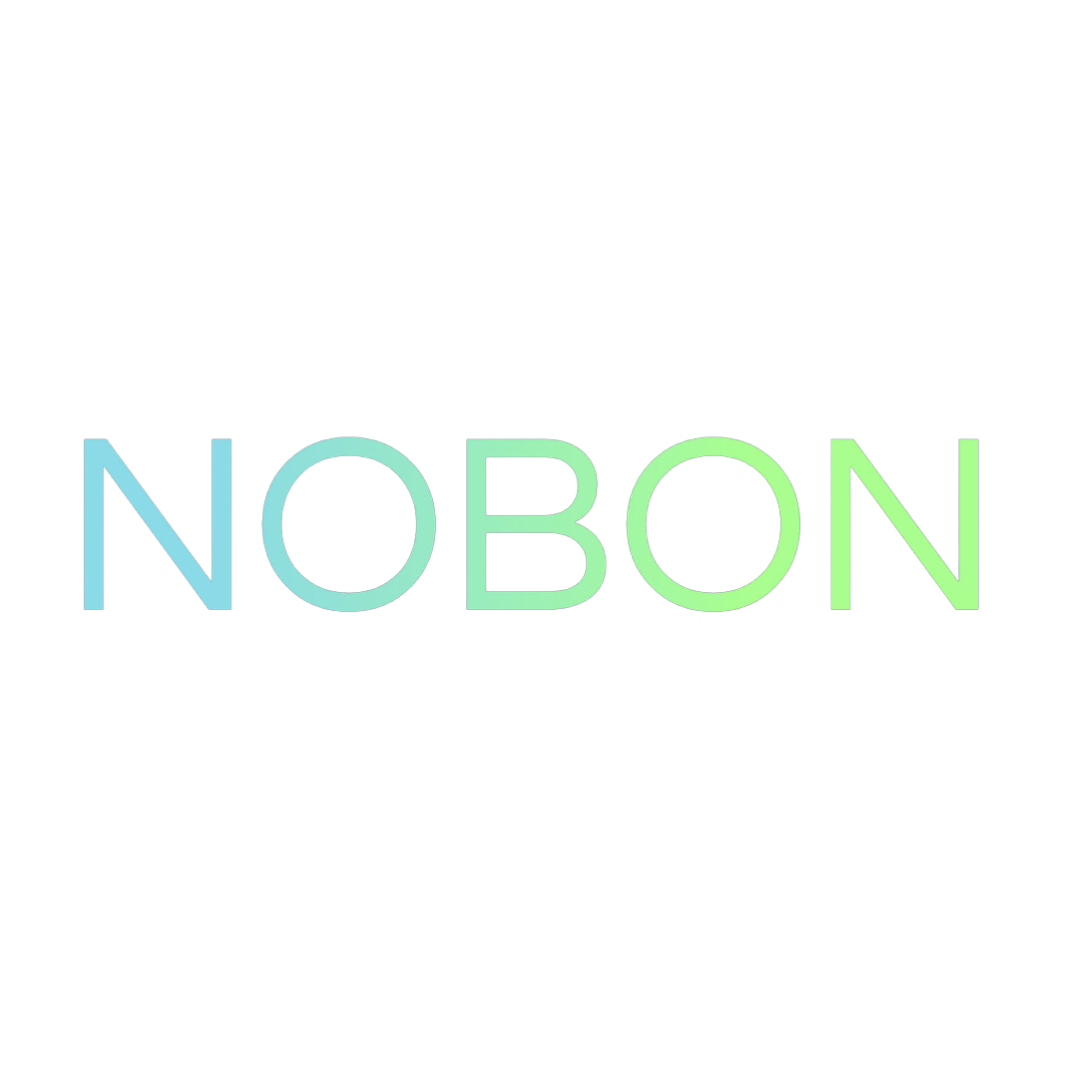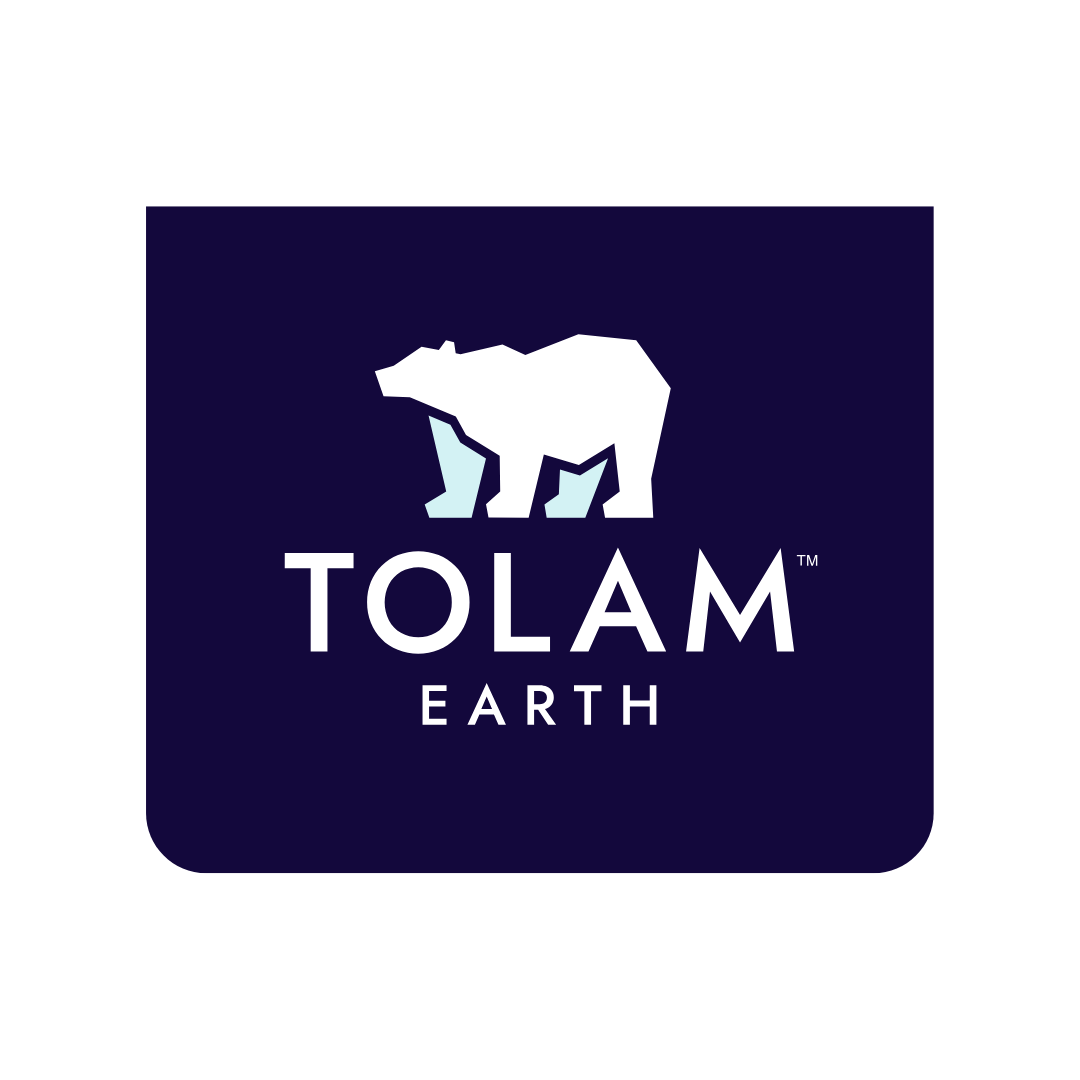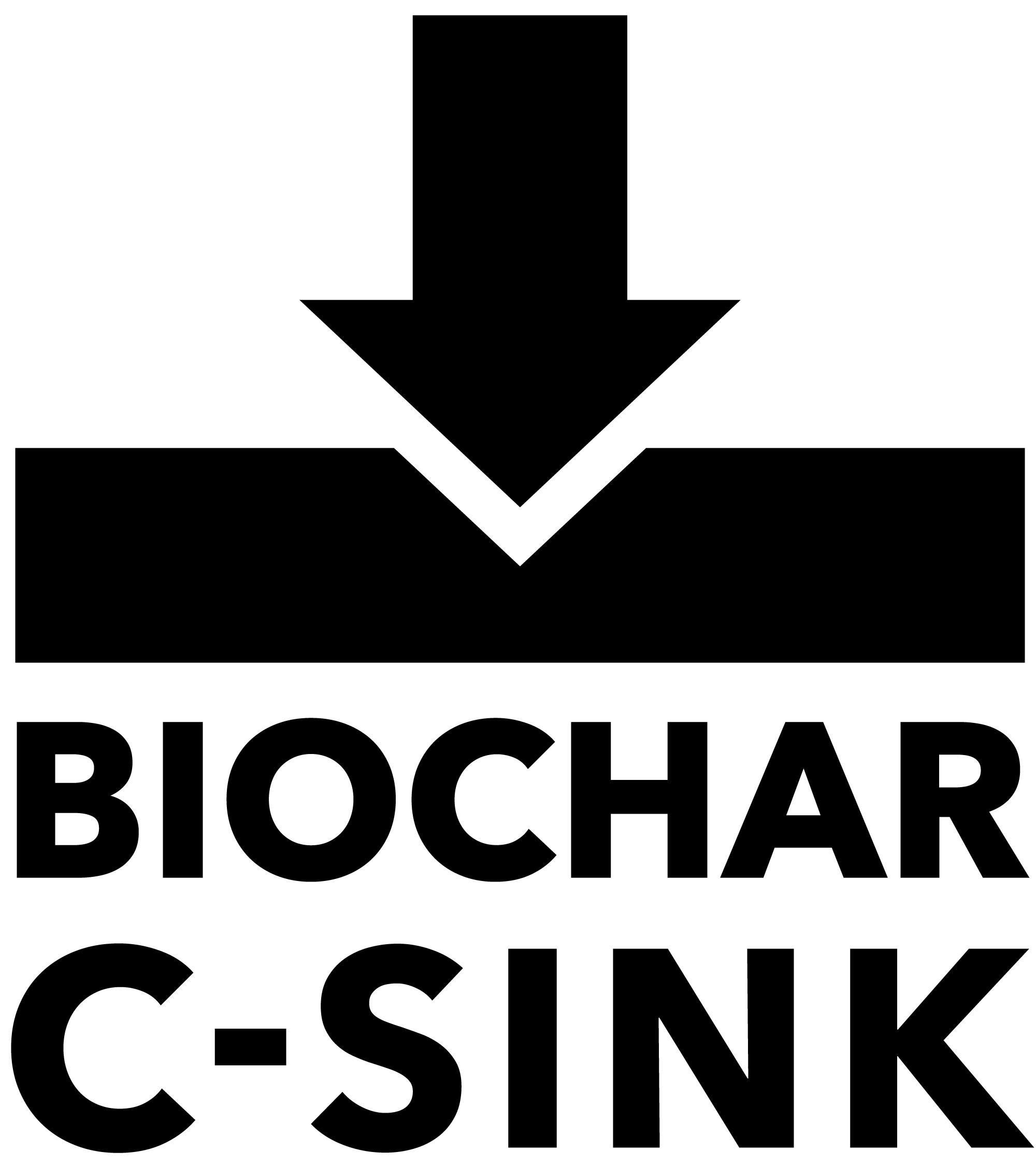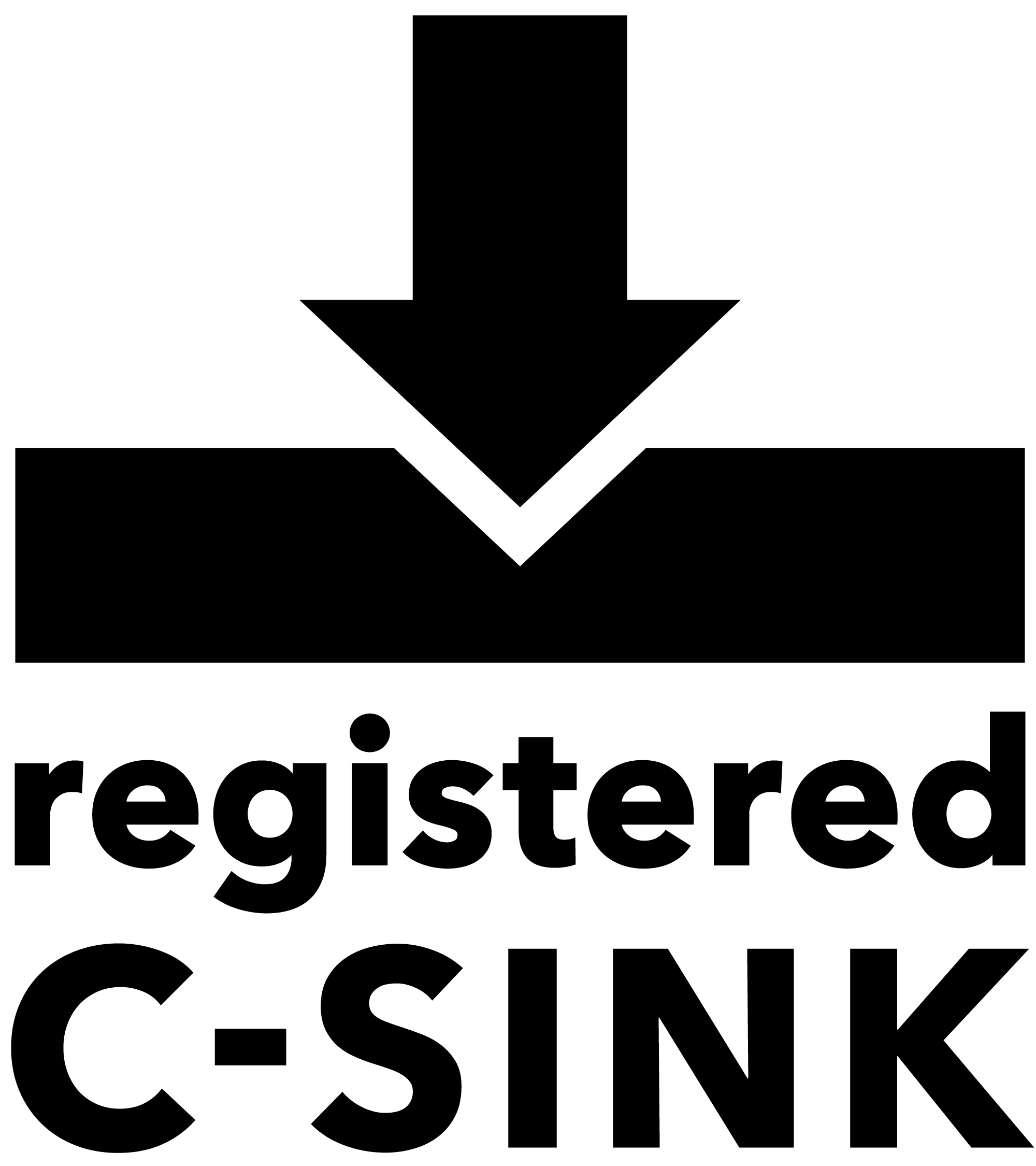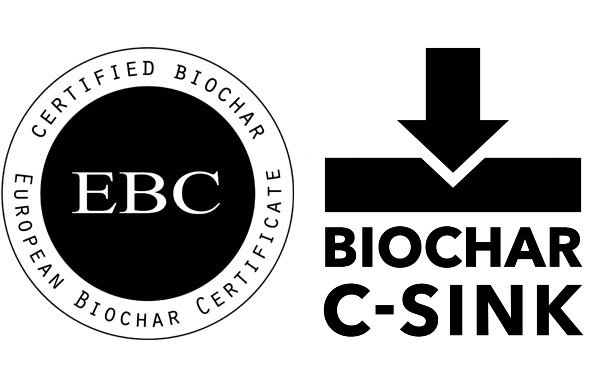
EBC C-Sink & Global Biochar C-Sink
The European Biochar Certificate (EBC) was the first system to provide a method of certifying the carbon sink potential of biochar. This represented a crucial step towards the sustainable establishment of planetary carbon sinks.
Following an extensive stakeholder process, the new Global Biochar C-Sink standard was published in June 2024. All companies can profit and apply for the new standard from 1st July 2024 onwards.
When the EBC C-Sink was published in 2020, it was not only the first certification standard for biochar C-sinks but also for all long-term geological carbon sinks. Since then, hundreds of biochar companies have certified and traded their biochar C-sinks under the EBC, giving rise to an entirely new CDR business sector. In recent years, several minor updates to the biochar standard have been published. However, the time has come for a significant overhaul, leading to the creation of the new Global Biochar C-Sink standard.
The permanent aromatic carbon (PAC) fraction of soil-applied biochar is now recognized as a geological carbon sink. The less persistent fraction of biochar can be employed as a temporary carbon sink to offset methane emissions. Biochar C-Sinks are monitored from the factory gate to the application site, and every C-Sink must be registered in the C-Sink Registry. Emission portfolios for biomass and biochar producers, processors, and traders are created and must be compensated. Carbon and energy efficiency are evaluated. Biochar-based materials are accounted for as temporary C-sinks.
Here you will find the current version of our standard:
Annexes to the standard:
82
customers are certified according to the Global Biochar Standard.
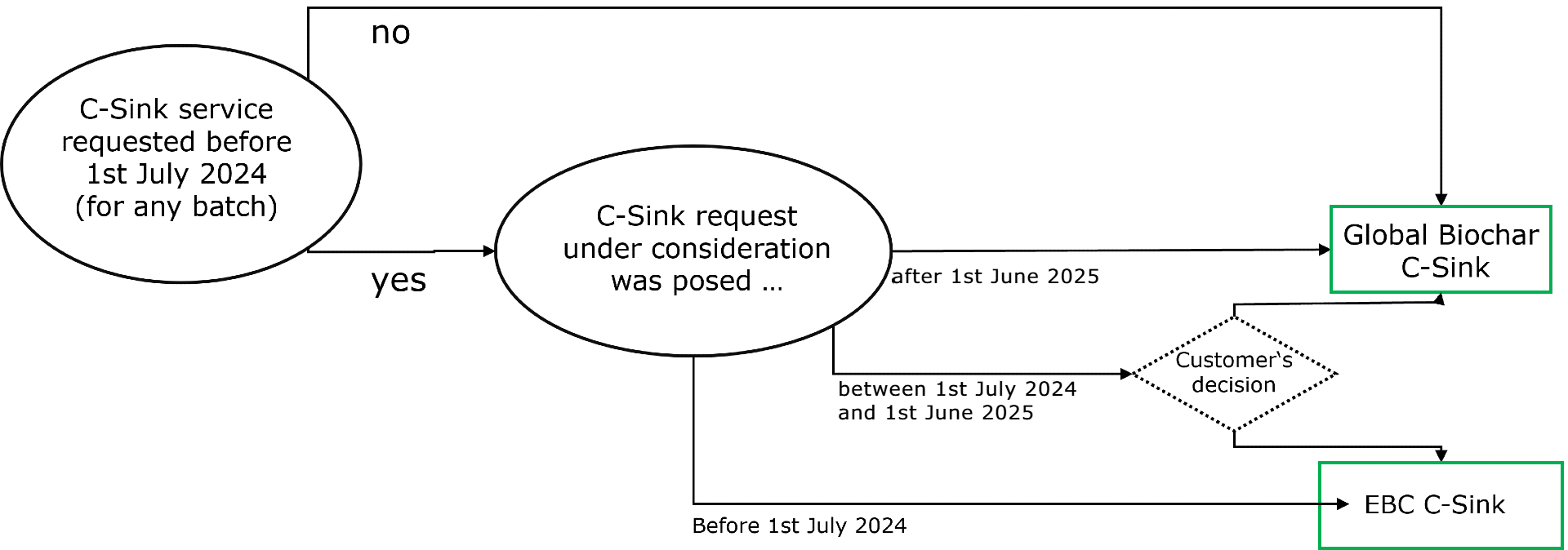
For already certified companies under EBC C-Sink, a voluntary transition period until 1st June 2025 is applicable. However, the standard can also be applied earlier for newly registered production batches. The following scenarios can be explained:
- A company is already certified as EBC/WBC producer/processor and has an active C-Sink potential for their current batch ID: EBC C-Sink still applies for the biochar produced under the current batch ID.
- A company is already certified as EBC/WBC producer/processor, the previous batch was certified under EBC C-Sink: The new batch and request for C-Sink Potential: If requested before 1. June 2025, either EBC C-Sink or Global Biochar C-Sink can be applied.
- A company is already certified as EBC/WBC producer/processor, the previous batch was certified under EBC C-Sink: The new batch and request for C-Sink Potential: If requested after 1. June 2025, Global Biochar C-Sink applies.
- A company is already certified as EBC/WBC producer/processor and no C-Sink potential has been requested before 1st July 2024: Global Biochar C-Sink will be applied.
- A company is not yet certified as EBC/WBC producer/processor and no C-Sink potential therefore requested before 1st July 2024: Global Biochar C-Sink will be applied.
Endorsement of a new dMRV provider:
There is an increasing demand for digital Monitoring, Reporting, and Verification (dMRV) provider in the biochar production sector. Please find the requirement to become a dMRV provider in this document below:
Find here a list of endorsed dMRV providers for Global Biochar C-Sink:

CERES-CERT AG
CERES-CERT AG is the third-party auditing body for the standards owned by Carbon Standards International.
With the experience in the certification of biochar, CERES-CERT AG has the necessary expertise to certify biochar production and processing companies and to validate and verify your climate projects.

Pyreg GmbH
The PYREG technology carbonises your waste materials into pollutant-free, highly porous biochar (plant carbon). In contrast to rotting or incineration, the carbon contained in the residues is not released as CO2 in this process, but is stably bound in the biochar and thus removed from the atmosphere.
This makes the production of biochar one of the Negative Emission Technologies (NET) urgently needed for climate protection. Because if this biochar is permanently incorporated into so-called carbon sinks (e.g. arable land, building materials, asphalt), the sustainable storage of CO2 is successful in the long term.

SynCraft Engineering GmbH
Wood in particular plays an important role in the energy generation of tomorrow. With SynCraft's wood-fired power plants, the renewable raw material can be optimally utilised. This self-developed and patented technology generates more electricity and heat - in addition, bioenergy is the only renewable energy that can be switched on and off as needed.
Find a list of IT Tools applicable to the Global Biochar C-Sink Standard here:
Find here a list of the laboratories endorsed so far. All endorsed laboratories and subcontractors participate annually in an independent biochar ring trial organised and evaluated by DCC Delta Coal Control. It is planned to establish a European network of laboratories for plant carbon analysis that work according to the same analytical methods and regularly participate in the EBC ring test.

Eurofins Umwelt Ost GmbH
Freiberg Branch
Freiberg East industrial estate
Lindenstraße 11
D-09627 Bobritzsch-Hilbersdorf
Germany
Phone: +49 3731 2076 - 500
Mobile: +49 172 9224436
E-mail: info_freiberg(at)eurofins.de

Eurofins Oekometric GmbH
Bernecker Street
D-95448 Bayreuth
Germany
Tel: +49 921 72633 - 0
E-mail: rottler(at)oekometric.de
Ruhr Lab GmbH
Laboratory at KW Scholven
Glückaufstrasse 56
D-45896 Gelsenkirchen
Germany
Phone: +49-152 268 760 15
E-mail: service(at)ruhr-lab.de

mas | münster analytical solutions gmbh
Technology Park Münster
Wilhelm-Schickard-Strasse 5
D-48149 Münster
Germany
Tel.:+49 251 384415-12
E-Mail: contact(at)mas-tp.com
You can find more information and necessary documents in this section:
Here you will find more information about our costs:
If you would like to have Carbon Standards review potential modifications or amendments to the standard, please review the following:
Standard updates
Here you find old version of the standards including a marked version with the changes to the current version of the Global Biochar C-Sink.
Contact person
 Dominic Hafner
Dominic Hafner
CTO Biochar
+41 (0) 62 552 10 96
dominic.hafner@carbon-standards.com
 Patrizia Pschera
Patrizia Pschera
Environment and Climate Specialist
+41 (0) 62 552 10 98
patrizia.pschera@carbon-standards.com


